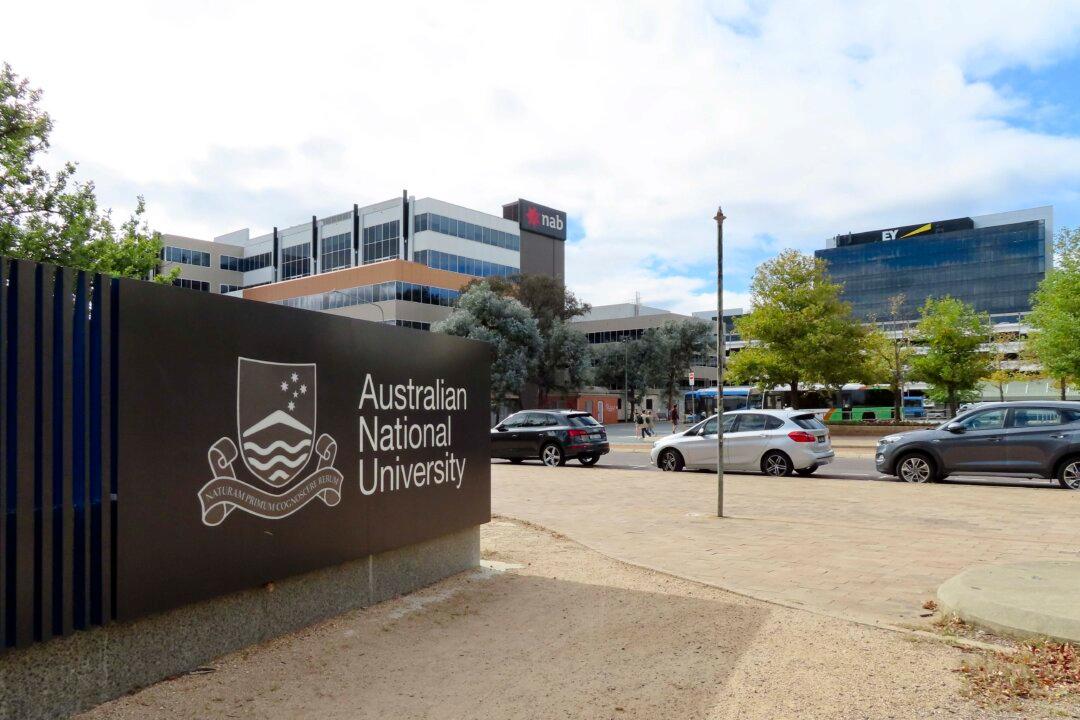Australian Treasurer Jim Chalmers has said that the government would improve the budget’s sustainability during the current parliamentary term despite rising public debt and government spending on welfare.
In an interview with the Australian Broadcasting Corporation, Chalmers said the government needed to deal with many structural issues in the budget. However, he noted that these measures would be completed in the next two or three budgets.
“You can make the budget more sustainable, and that will be the task of the two or three budgets remaining in this parliamentary term.”
One of the areas that Chalmers said his department was working on is the petroleum resources rent tax (PRRT).
However, the government forecasted that revenue from petroleum would drop by $450 million over the four years to 2025–26, partly due to the Treasury’s assumption of lower commodity prices.
While the treasurer admitted that the government had not come up with an option to change the PRRT arrangements, he said his department had restarted a review of the taxing point in the PRRT, taking into account the recommendations of the former Morrison government.
“We do want to make sure that Australians get a good return for their resources,” he said.
Government to Ensure the Sustainability of NDIS
While the treasurer acknowledged that the costs of NDIS were increasing substantially, he said the government were conducting reviews of the NDIS to ensure that the spending was sustainable and that Australia got value for every dollar spent on welfare services.The budget papers predicted that the costs of the NDIS would rise from $76.3 billion in 2021-2022 to $102.5 billion in 2025-2026.

However, Chalmers said the scheme would bring about positive impacts for the Australian economy, citing statistics from the National Disability Insurance Agency, including an improvement in the employment of the parents of those benefiting from the scheme.
Economists Warn of the Risk of Rising Government Debt
Despite the treasure’s positive outlook on the budget spending, some economists have warned that Australia had to slash spending on welfare or would be drowned in debt given the increasing interest payments on federal government borrowing.Gene Tunny, director of Adept Economics, previously told The Epoch Times that the government could not bring in the NDIS, pay parental leave, or provide childcare subsidies if they got an increasing interest bill.
He pointed out that the costs of servicing government debts would increase over the next five years to $35.3 billion in 2025-2026 and place further pressure when bonds mature.
“It’s just not going to work, and they’re going to have to make some hard decisions.”





